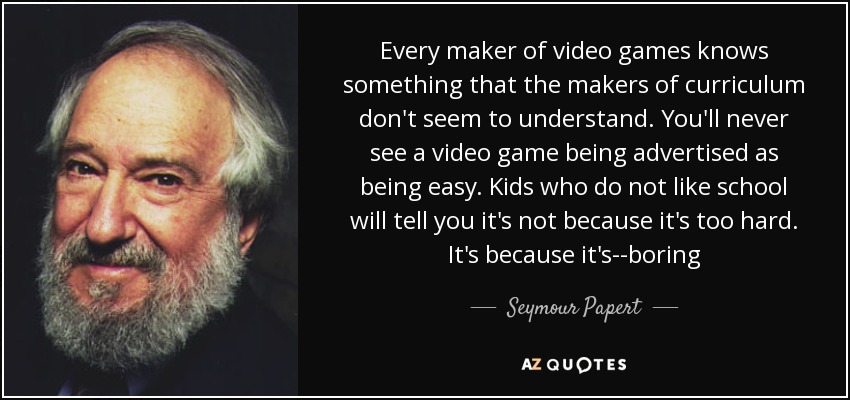On a recent episode of 2 Regular Teachers, Rick Kaylor-Thomson and Adam Lavars raised the question of computer games in school. The game in question was in fact Clash of the Clans, an online multiplayer, which encourages players to work together in the creation of clans. A few students had raised the possibility of running a lunchtime club that focused on the game. Rick and Adam posed a range of questions, such as appropriateness and responsibility. Here then are a few of my thoughts and reflections to continue the conversation:
- 13+: An interesting topic is the 13+ requirement, especially in Primary school. However, what is not often discussed is why so many applications are restricted to 13+. This relates to the Children’s Online Privacy Protection Act of 1998 (or COPPA), a United States federal law. The purpose is to restrict the data that can be collected on children without consent, it is for this reason that sites, like Edmodo, require parent approval. The issue with the COPPA law is that sites and companies are not required to verify the age of those signing up, this is what allows many children to use sites, such as Instagram and Facebook. One potential solution for schools is that accounts are managed by a teacher to bypass the 13+ issue.
- Teachable Moment: One of the interesting points that was made again and again throughout the podcast was that the game was not ‘educational’. Common Sense Media suggests that the game offers the possibility to engage with others, to learn from experience and learn in a supported environment, especially in the beginning. These lessons are also clearly reiterated by Donelle Batty in her reflection on the game. Personally though, I feel this only the tip of the iceberg, that everything can be educational and provides the potential for teachable moments. Some excellent examples of games in learning include: Festival of Gaming by Mel Cashen, Should Video Games Be Used to Help Use Learning in High School? by Bianca Hewes, Digital Sandpit by Ben Gallagher and Minecraft Across the Curriculum by Lee Hewes.
- Violence: Some questions were raised about the inherent violence within the game. Common Sense Media describes it as follows, “The games is more about attacking non-player character such as goblins or the villiagers of other players.” This always makes me wonder if we critique traditional media the same way we critique games and so forth. The reality is that violence is a part of our world and within our literature. Do we teach colonisation to Primary students and deny that there was any conflict? I admit there are always limits, however I don’t think denial ever worked for anyone.
- What Kind of Parent Are You?: Through discussion, there was mention made of parents and how they might see the problem. I was reminded here is Alexandra Samuel’s study into digital parenting. Samuel suggests that when it comes to parents, there are three clear types: limiters, enablers and mentors. Limiters keep their children away from the internet meaning that they are kept out of the digital world. Enablers trust their kids online, but leave them to their own accord. Mentors on the other hand, walk hand in hand guiding producing. I think that the reality is that each of these parents is going to have a different perspective on their children playing the game.
So what about you? What have been your experiences of games inside the classroom and out? I recommend going to the 2 Regular Teachers blog and leaving a comment to continue the conversation.
If you enjoy what you read here, feel free to sign up for my monthly newsletter to catch up on all things learning, edtech and storytelling.
Computer Games in Education by Aaron Davis is licensed under a Creative Commons Attribution-ShareAlike 4.0 International License.


Mentions